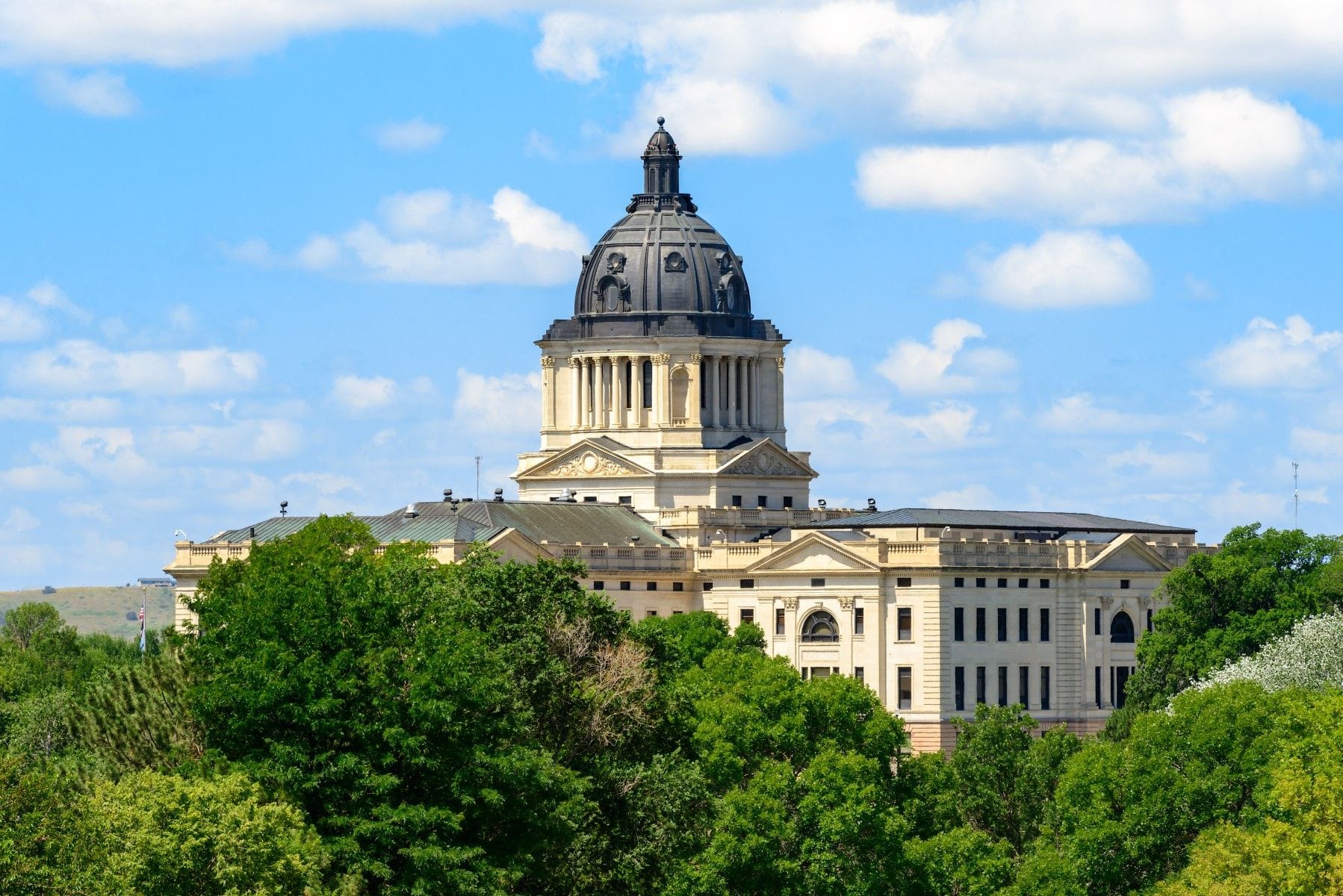South Dakota Expert Witness Disclosure Requirements
South Dakota mandates structured expert witness disclosures to ensure trial fairness, emphasizing timely updates and specific content to uphold procedural integrity.
Updated on
In this article
When Are Expert Witness Disclosures Required in South Dakota?
In South Dakota, the disclosure of expert witnesses is governed by a structured timeline, ensuring that all parties involved in litigation have adequate time to prepare for trial. According to the South Dakota Codified Laws and the South Dakota Rules of Civil Procedure, initial expert witness disclosures must typically be made in compliance with the court's scheduling order. These orders are often established during the preliminary stages of a case, setting forth specific deadlines for both initial and supplemental disclosures.
The initial disclosure deadline usually requires parties to submit the identities of their expert witnesses along with a summary of the expected testimony. This deadline is often set several months before the trial date, allowing ample time for discovery and preparation. Furthermore, if a party intends to introduce expert testimony to rebuttal the opposing party’s expert evidence, the disclosure for such rebuttal experts must typically occur shortly after the initial disclosure deadline, commonly within 30 days.
Supplemental disclosures are also an integral part of the process. These are necessary when new information becomes available or when there are changes to the expert’s testimony. The South Dakota Rules mandate that any amendments or supplements to expert disclosures be made in a timely manner, ensuring that no party is unfairly surprised by new evidence at trial.
Information That Must Be Included in the Disclosure
South Dakota's disclosure requirements for expert witnesses are comprehensive, aiming to promote transparency and fairness. The information that must be included in these disclosures is detailed and specific:
- Expert Qualifications: A detailed account of the expert’s educational background, certifications, and professional experience relevant to the case.
- Expert Opinions: A clear statement of the opinions the expert intends to express, along with the basis and reasons for these opinions.
- Data Considered: Disclosure of all data, documents, and other information that the expert has reviewed or relied upon in forming their opinions.
- Fee Structure: An outline of the compensation arrangement with the expert, including hourly rates, total fees, and any contingency arrangements.
- Prior Testimony: A list of other cases in which the expert has testified as an expert witness during the previous four years, including case names and docket numbers.
These requirements align closely with the Federal Rules of Civil Procedure but are adapted to meet the specific needs of South Dakota’s legal framework.
Supplementing and Amending Expert Disclosures
The duty to supplement or amend expert disclosures in South Dakota is a critical aspect of pre-trial procedure. Rule 26(e) of the South Dakota Rules of Civil Procedure stipulates that parties must update their disclosures and responses in a timely manner if they learn that the information initially provided is incomplete or incorrect.
Supplementation is particularly crucial when new evidence emerges, or when there are significant changes to the expert’s opinions. Failing to supplement or amend disclosures can lead to serious repercussions, including the exclusion of the expert’s testimony. Therefore, attorneys must remain vigilant, ensuring that all expert-related information is current and accurately reflects the expert’s intended testimony.
Consequences of Failing to Properly Disclose an Expert
Non-compliance with expert witness disclosure requirements can lead to severe penalties in South Dakota. The most immediate consequence is the exclusion of the expert’s testimony, which can severely undermine a party’s case. Courts may grant motions to strike experts who have not been properly disclosed, effectively removing them from the proceedings.
In addition to exclusion, parties may face sanctions under Rule 37 of the South Dakota Rules of Civil Procedure. Sanctions can range from monetary penalties to adverse inference instructions, where the jury is instructed to view the non-disclosure unfavorably. These consequences underscore the importance of adhering to disclosure rules, as failure to do so can jeopardize the entire litigation strategy.
State-Specific Rules and Key Considerations
While South Dakota’s expert disclosure requirements share similarities with the Federal Rules of Civil Procedure, there are state-specific nuances that legal practitioners must consider. One notable aspect is the emphasis on judicial discretion in setting disclosure deadlines and addressing non-compliance.
Additionally, South Dakota's local court rules may impose further requirements or variations in disclosure practices, particularly in complex litigation or cases involving specialized subject matter. Attorneys must remain attentive to these local variations to ensure full compliance and avoid procedural pitfalls.
In conclusion, expert witness disclosures in South Dakota are a vital component of the litigation process, demanding careful attention to timing, content, and procedural requirements. By understanding and adhering to these rules, legal professionals can effectively utilize expert testimony to bolster their cases while minimizing the risk of procedural setbacks.


